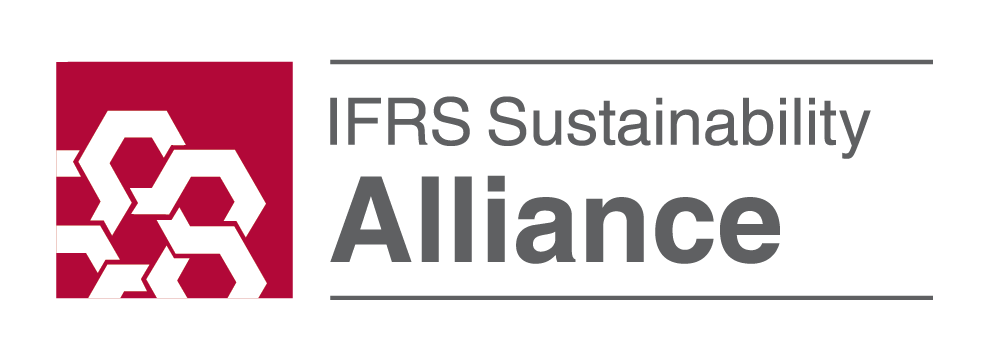Chief sustainability officers are helping to demonstrate why creating value from sustainability is an imperative for their organizations.
- Environmental, social and governance (ESG) performance is becoming increasingly important, with chief sustainability officers (CSOs) playing a vital role.
- The S30 forum comprises CSOs from some of the world’s most influential companies and is aiming to accelerate business action on sustainability.
- CSOs and their C-suite colleagues can facilitate a transition to value-led sustainability (VLS), demonstrating a positive correlation with financial performance.
High-performing companies are increasingly taking their ESG responsibilities seriously. They appreciate that paying attention to the longer term, to stakeholder perceptions, and to the social and environmental consequences of their products is good for business as well as the planet.
This process has been underway for some time – with encouragement from investors, governments, communities and customers – but is expected to be accelerated by the recovery from the COVID-19 pandemic. If COVID-19 has taught us anything, it is that we should prepare for the worst rather than hope for the best.
The post-COVID-19 world is likely to be one of inclusive capitalism, where environmentally-conscious, purpose-led companies prevail. Consumers increasingly make purchases based on how brands treat their staff, whether they respect the environment and if they support local communities. Shareholder capitalism is being replaced by stakeholder capitalism.
As a result, there have been widespread calls for a “Green Recovery” from COVID-19, using economic stimulus packages that prioritize environmentally-friendly infrastructure projects, and to “Build Back Better.”
Some companies have led the way by appointing chief sustainability officers (CSOs), who have become one of the newest members of the C-suite. CSOs drive the formulation and execution of an organization’s sustainability strategy, with some, though far from all, reporting to the chief executive.
Sustainability and the S30
The importance of this role has been recognized by the creation of the S30 forum, which brings together 30 leading CSOs with a mission to “accelerate business action on sustainability.” Launched by The Prince of Wales’s Sustainable Markets Initiative, in collaboration with the EY organization and communications company Freuds, S30 members represent companies with a total market capitalization of $6.7t, revenue in excess of $2.3t and more than 5 million employees.
Members have been drawn from the most influential businesses in the world covering a wide range of sectors, including consumer and industrial products, energy, financial services, life sciences and technology.
Speaking at the S30 launch event, The Prince pointed out the “crucial role” of the private sector in solving health, climate and biodiversity crises. However, he suggested that no business or industry could do this alone and called on all major businesses to appoint a CSO or equivalent (see video below).
“The role of the CSO is fast becoming one of the most important and influential roles in the corporate world and is increasingly central to market competitiveness. I very much hope to see major businesses around the world appoint suitably empowered chief sustainability officers to ensure sustainability is central to business strategy, decision-making, procurement, supply chains and customer engagement,” he said.






